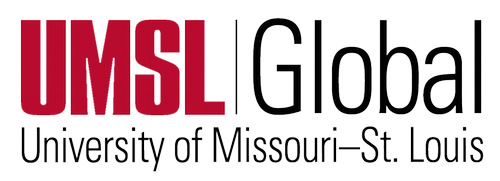- It delays graduation/I won’t receive credit. Not true. Students typically earn credit towards their degree, fulfill electives and explore classes that UMSL doesn't offer, all while becoming comfortable in a new environment and culture. Most UMSL students make significant advancement toward degree completion while abroad, whether on a two-week program or a whole semester.
- It’s too expensive. Not true. There are many programs and destinations that are quite affordable. Some are even cheaper than UMSL! Additionally, for the most part, a student’s financial aid/loans/grants/scholarships all apply during their term abroad and there are opportunities to apply for additional scholarships.
- I have to know a foreign language. Not true. Most of our partners have departments in which courses are taught in English. Unless it is a foreign language course, all faculty-led programs are taught in English.
- I’ll spend the whole time partying. Not true. While the opportunities exist to explore all parts of another country’s culture, UMSL students typically take their education seriously while abroad, as does UMSL Global and our partner universities. The grades you earn abroad will affect your classes here.
- I will gain valuable experience and many employable skills. True! In the 21st century, having the kind of skills it takes to communicate with people from different cultures around the world is essential to being successful at most jobs. Nothing helps a student gain those skills better than study abroad.
- Studies show that students who study abroad often graduate earlier and with higher GPA than their on-campus peers.*
- Study abroad can serve as a catalyst for increased maturation and self-confidence.*
- Cross-cultural communication, language skills, adaptability, ability to navigate difficult situations, and independence are only a few skills hiring managers are looking for. Students on study abroad how multiple opportunities to hone these skills on any of our programs. *
- Students continue to earn credit toward their degree while traveling the world, experience new cultures, and having fun.*
*Booker, Robert. Differences between applicants and non-applicants relevant to the decision to apply to study abroad. Diss. University of Missouri-Columbia, 2001.








